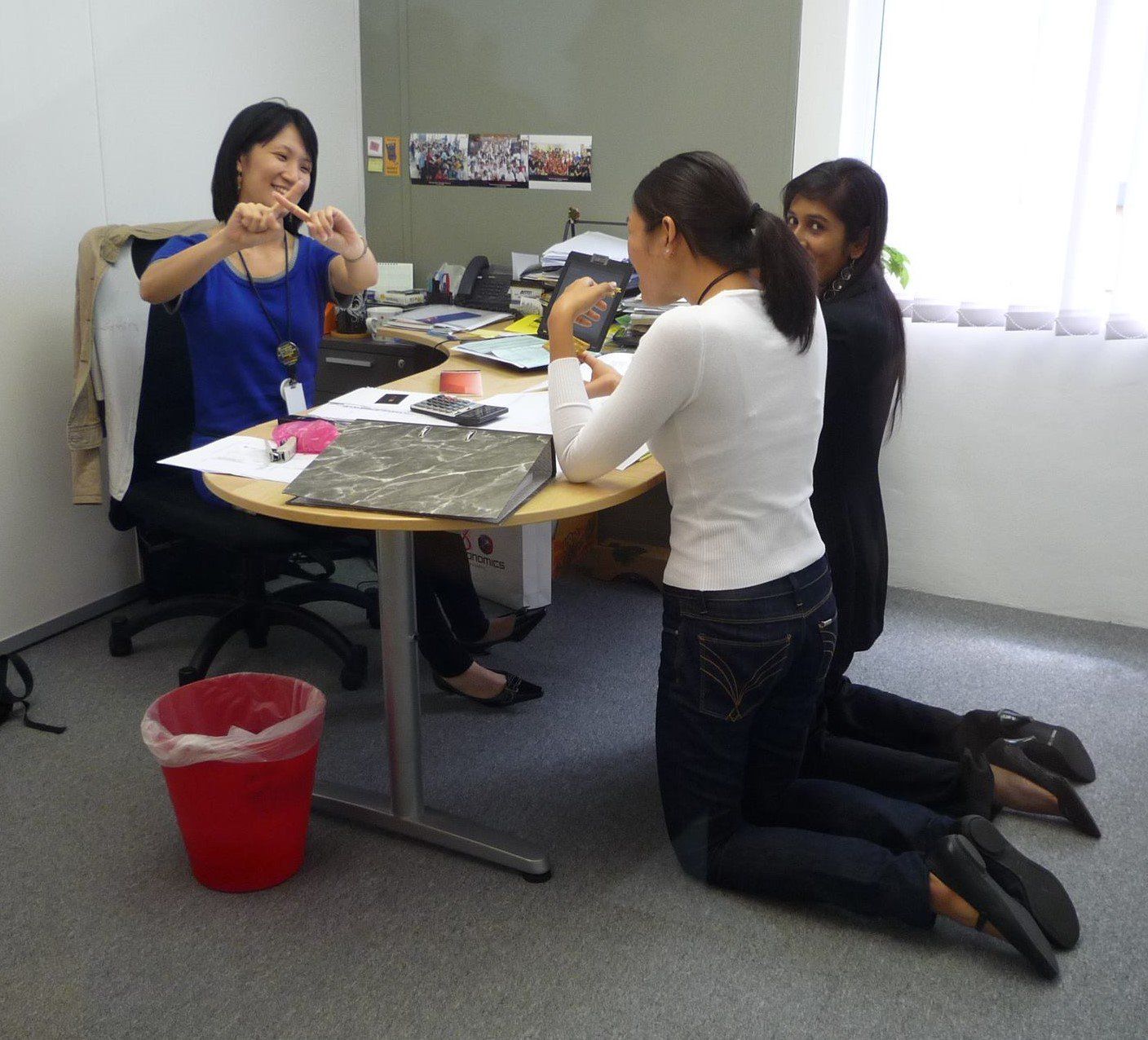Why Being Just “Good Enough” Will Get You Left Behind

You need to be great to stay ahead of the pack
Settling for “good enough” when you’re trying to grow a business is just that: settling. Complacent CEOs are setting themselves up to be overtaken by competitors who aren’t settling – competitors who are thinking big.
Want to stay on top of your industry? Better yet, want to leap to the head of the pack? Stop settling for “good enough”, especially in these three key areas:
1. Your good staff
I’ve been coaching CEOs and entrepreneurs for 10 years, and the number one difference between top companies and everyone else is the quality of the people. Winning CEOs surround themselves with other winners.
They stack their C-suites with A performers — no excuses, and no compromises. They don’t hold on to B and C performers, because they don’t want to turn into Bs or Cs themselves. They know all the reasons that bad CEOs stick with middling performers, and they know that all those reasons are junk:
A well-liked nice guy who’s slipping? Sorry, “nice guy” is not a job description.
A solid B performer? B performers lead to B companies which get eaten alive.
Worried you might be firing an underperformer who could improve? I have yet to meet a CEO who regrets firing anyone too soon; I’ve worked with MANY who regret waiting too long to fire that B or C.
Can’t afford to hire the best person for the job? Crunch the numbers. What would an A talent add to your bottom line? Most likely, you can’t afford NOT to hire that person.
Long-time colleague who’s been with the company since the beginning? The people who got you where you are today can’t always take you where you want to go next. Rich Balot had to fire an underperforming CFO – his best friend. The high-performing replacement Rich hired helped grow the company to $1 billion in revenue.
Afraid of rocking the boat and upsetting the staff? You’re the CEO! If you won’t make tough calls that push the company forward, who will?
To paraphrase Jim Collins’ excellent book “Good to Great,” people are not your company’s most important asset. The RIGHT people are – the people who, like you, aren’t going to settle for good enough day in and day out, who will do great work, and push the rest of your staff to do the same.
Don’t saddle you’re a performers with mediocrities — go out and get more As. And don’t let sentiment — or worse, fear — come between you and the staff your company deserves. To meaningfully outperform the competition, you must have the best A players on your team — period.
2. Your good best practices
Are you hitting your sales targets every month, every quarter? Hey, “good” for you. Now aim higher. If you don’t, your competitors will.
Try this: imagine it’s three years into the future. You’re on the beach with your C-suite, enjoying a big party, celebrating because your company. . .
Fill in the blank. What did your team accomplish? What Huge, Outrageous Target (HOT) did you set to take your company to the next level? What best practices did you put into place that broke that big goal down into actionable, measurable steps your team took every day, every week, every quarter until you hit that target?
Once you have a vision of where you want your company to head, take a look over your shoulder at the competition. What are the other players in your industry up to? What best practices are driving their businesses?
Are they cooking up a potentially disruptive innovation that could affect you? Are they doing something you could integrate into your own processes, only better? Top firms constantly ask themselves questions like these, and use the answers to lead them from “good” to “great.”
3. Your good products and services
Kodak. Polaroid. Palm. Blockbuster Video. MySpace. Once upon a time, they were all good enough. Now, they’re all dead.
Eventually, “good” gets you left behind. If you want to avoid a place on this list, you have to look ahead, not rest on lag indicators like last year’s sales figures, or last quarter’s customer satisfaction surveys. What’s going to sell NEXT year?
Is an exciting new product going to make your catalogue obsolete? Are you dedicating resources to develop the next big innovation in-house?
Have you checked your pricing and margins lately? Are you using five-star customer service standards to make your sticker prices more attractive?
What is the equivalent of a “digital camera” or “home video streaming” in your business; that disruptive new something that’s just around the corner? When that disruption comes, are you positioned to ride the wave, or wipe out?
Look, there’s nothing wrong with being “good.” But there’s nothing GREAT about it either.
Companies that are happy where they are stay right there until they become irrelevant. So don’t settle for what’s working today.
Challenge yourself to make BIG things happen tomorrow.
Mark Moses is the founding partner of CEO Coaching International and the Amazon bestselling author of Make Big Happen. His firm coaches over 145 of the world’s top high-growth entrepreneurs and CEOs on how to dramatically grow their revenues and profits, implement the most effective strategies, becoming better leaders, grow their people, build accountability systems, and elevate their own performance. To contact him, email editor@leaderonomics.com
Reposted with permission on Leaderonomics.com
Business
This article is published by the editors of Leaderonomics.com with the consent of the guest author.






